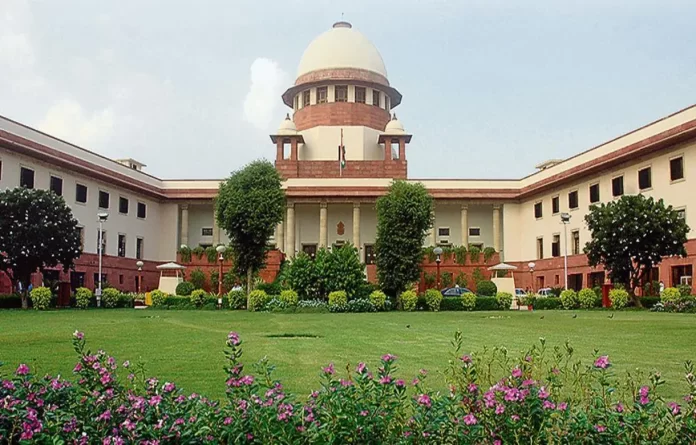The Supreme Court raised concerns about the retired district judges pension of only Rs 19,000-20,000. The court was hearing the matter of the pension scheme for judicial officers, flagging concerns on the plight of the retired district judicial officers who were getting inadequate financial support through the present pension policies.
The top court urged the Centre to find a solution for the officers who have substantially contributed to the cause of Justice. The Chief Justice of India DY Chandrachud brought attention to the dire financial conditions faced by retired district judges, underlining that they were receiving pensions as low as Rs 19,000-20,000 after years of dedicated service.
CJI DY Chandrachud pointed out the challenges of transitioning to other avenues at an age when they are physically unable to engage in active legal practice. The Chief Justice of India expressed that the retired District Judge is clocking a pension of Rs 19,000-20,000 after a long service.
DY Chandrachud explained that law is the kind of office where one is completely disabled and cannot suddenly jump into practice and go to the High Court at the age of 61-62 years and start practising. The CJI requested the Attorney General (AG) Mr R Venkataramani who was representing the Centre in the matter to provide assistance in coming up with a just solution for the retired judicial officers facing the setbacks of such a disproportionate pension policy.
Taking serious note of the same, the Attorney General said that he would certainly look into the issue. The Chief Justice of India also pointed out that judges of some High Courts have approached the Supreme Court over the non-release of salary since new GPF accounts were not allotted to them after their elevation from the district judiciary.
The bench comprising CJI DY Chandrachud, Justice J B Pardiwala and Justice Manoj Misra, was hearing the All India Judges Association matter, in which the Court has earlier issued directions relating to the pay and service conditions of the judges, accepting the recommendations of the Second National Judicial Pay Commission’s recommendations.
Last month, the Supreme Court directed the states to clear the Second National Judicial Pay Commission’s arrears by February 29 and asked the High Courts to constitute committees to oversee the implementation.
The bench will continue hearing the matter next Monday.


